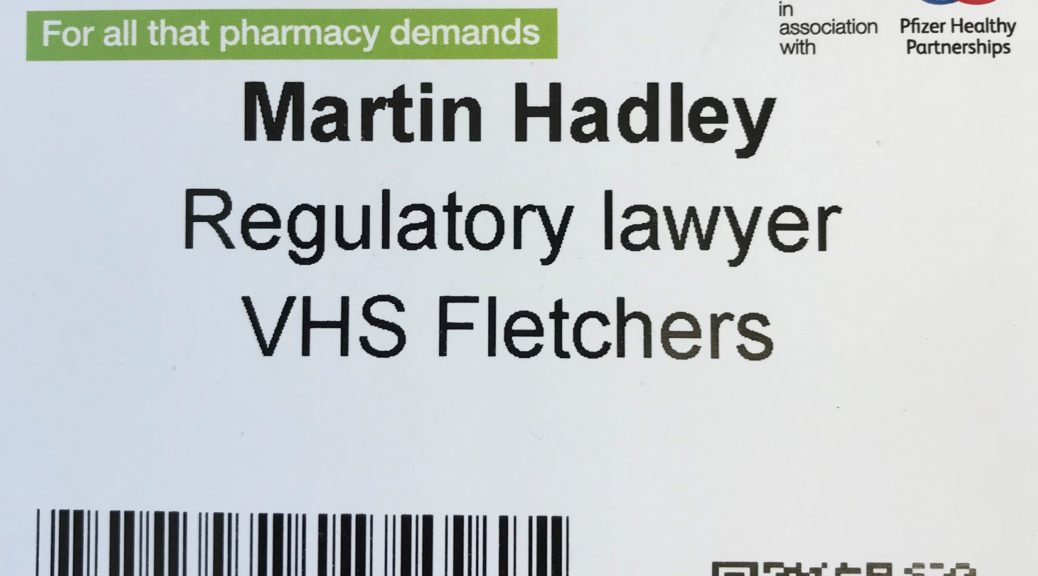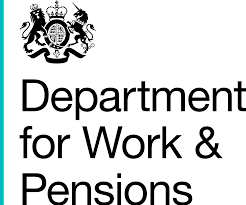Nottingham solicitor advocate Jon Hullis recently represented a client who was facing a prison sentence for a minimum of 5 years for possession of a disguised firearm.
It was alleged that he was in possession of a stun gun or taser disguised as a torch. In the event he ended up with a lesser charge and a much better result following his guilty plea.
In Possession of a Stun Gun
Jon’s client was an HGV driver employed by a Polish haulage company. He made regular journeys through the channel tunnel.
Whilst he was at a service station on the M1 his vehicle was subject to a routine check by the police and DVSA officers. Although his tachograph and other driver’s records were in order the police found an item in his cab. This had the appearance of a torch but the police soon realised that as well as being a torch the item was a stun gun capable of delivering a shock of 8000 volts.
Free and independent legal advice
As a result our client was arrested. Although he chose to seek free and independent legal advice at the police station he asked for the duty solicitor rather than VHS Fletchers. As a result a different firm represented him in the police station.
In interview he answered questions and told the police that he had bought the item from a market stall in Poland for 20 zloty or approximately four pounds. Our client admitted knowing that it was both a torch and a stun gun. He explained that he had it with him due to the threat he faced from people trying to hide in his lorry when he passed through Calais.
As he was regularly frightened of being attacked so hoped that the stun gun would keep attackers away from him if need be. It was kept inside his cab. He had no intention of using it in this country as by the time he entered this country the danger would have passed. He stated that as items such as this were so freely available in his home country he did not realise that it was illegal to have the item in the United Kingdom.
Disguised firearm charge carried a minimum five year sentence
Our client was charged with being in possession of a firearm disguised as another object. At the initial hearing in the Magistrates Court his case had to be sent to the Crown Court. This was because the charge as it stood could only be dealt with at the Crown Court.
He had continued with the same firm of solicitors who had represented him in the police station. When the case had been sent to the Crown Court that firm had told the court that the defendant would be pleading guilty to the charge as it was currently drafted.
As a result, he ran a very real risk of receiving a sentence of five years. That sentence could only be avoided in exceptional circumstances. The admissions made in interview that he knew the nature of the device and that he had it for protection were unhelpful in mitigating any such sentence.
Transfer of representation
Our client was not happy with advice that he had received in both the police station and then at the Magistrates’ Court. The apparent inevitability of a guilty plea had been accepted and this fact had been communicated to the court. It appeared that no consideration had been given to alternative and lesser charges.
As a result, the client made contact with us following a recommendation from a prominent member of the local Polish community
The Law on Stun Guns
Under Section 5 Firearms Act 1968 stun guns are classified as firearms. They are always illegal to possess. This is remains true even in a private place such as your home. Possession of a stun gun alone can be punished by a prison sentence of up to ten years.
The situation for any client is more serious where a stun gun is disguised as another object. These are often mobile phones or torches. In those cases the court must impose a sentence of at least five years in prison. This remains the case even where someone has no previous convictions and pleads guilty at the earliest opportunity. The usual rules as to a reduction in sentence for credit for a guilty plea does not apply.
A judge will only be able to impose a lesser sentence where there are “exceptional circumstances”. The very wording indicates that such cases will be very rare.
In some cases it will take a close inspection to reveal that an item is in reality a stun gun. In the case of this particular client the item had “50,000 KV” clearly printed on the body of the item. The metal electrodes were also visible. Although the item was also a working torch, there was nothing specifically done to conceal the fact that it was a stun gun.
Representations to the Prosecutor
After carefully considering the law and the circumstances of this case, Jon spoke with the prosecutor. He made representations that this was not a stun gun disguised as a torch. It was actually a stun gun that also had a torch function. Jon’s research had shown that this was argument was supported by reference to it being widely for sale across Europe as a stun gun. It was used by both the police and military as a stun gun with a torch function so not a disguised firearm.
Jon was able to persuade the prosecutor of his view of the item. As a result the prosecutor accepted a guilty plea to an offence possession of a stun gun. The fact that it was no longer a disguised firearm meant that the judge would have greater flexibility on sentence.
Sentence
Understandably our client was desperate to be able to return to Poland. He lived there with his wife who was pregnant with their first child. Jon mitigated on his behalf with the aim of securing the most lenient sentence possible to allow him to return home.
The Judge agreed that this was an unusual case because it was plain that our client did not realise it was an offence to possess this item. He had no intention of using it in this country. He said this case should act as a warning to other drivers who may consider carrying these items.
In the event, however, our client received a two year conditional discharge. This is an order where no punishment is imposed. Providing our client commits no further offences during the period of the conditional discharge then this will be the end of the matter. The conviction will be spent.
Our client was obviously immensely relieved with this outcome and was incredibly grateful for the advice and representation he received from Jon. This was a particularly pleasing outcome bearing in mind where the likely sentence for the disguised firearm offence prior to VHS Fletchers becoming instructed solicitors.
Funding
Unfortunately, legal aid would not have been transferred in this case, As a result, our client felt it necessary to fund our representation privately. Where you have the benefit of legal aid it will usually be best to remain with that provider. In this case, however, our client clearly felt that it was not.
Contact a criminal defence expert to prepare your case
If you require advice from an experienced criminal solicitor in Nottingham about a disguised firearm then please contact Jon on 0115 9599550. Alternatively, we have similarly experienced solicitors across our offices in the east midlands.
Contact details can be found here.
Alternatively you can use the contact form below.
















